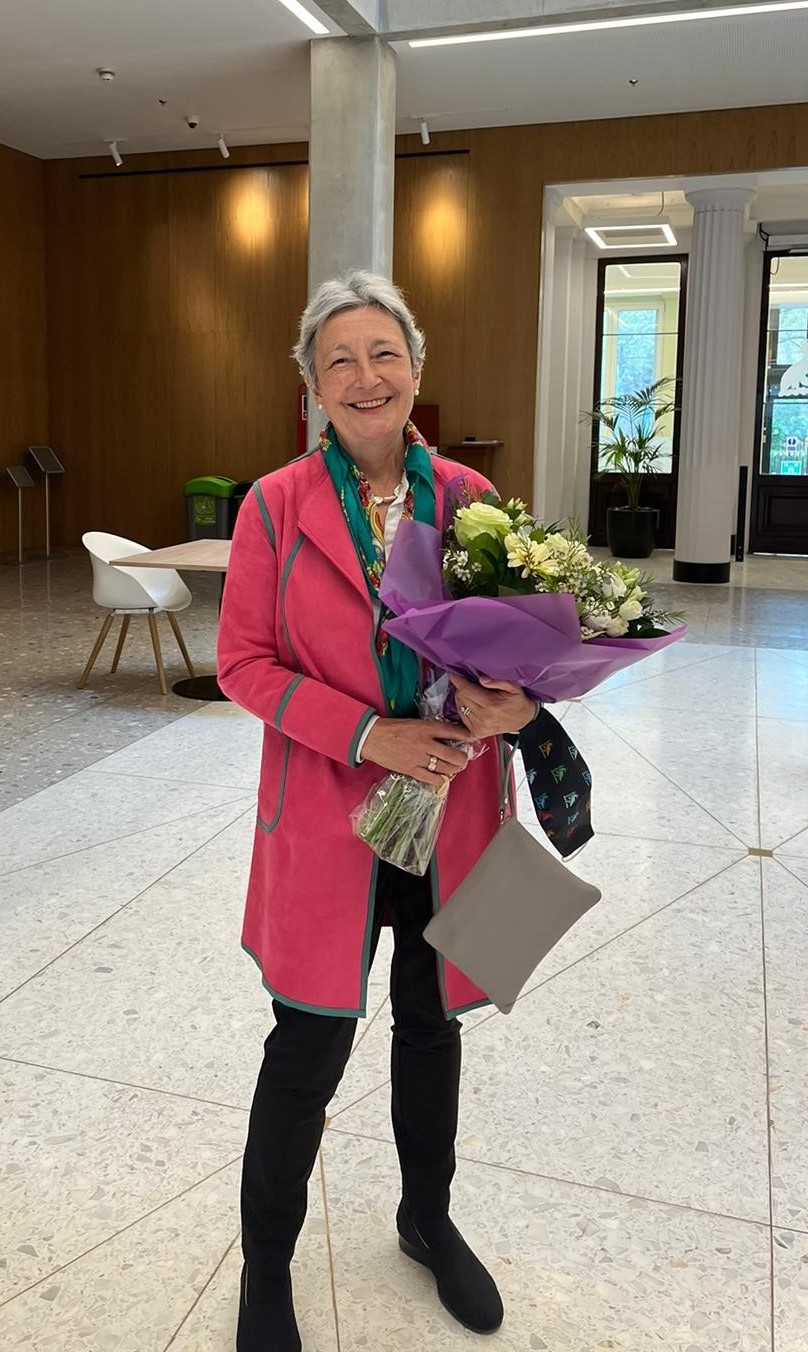Earlier this year, the Secretary for Health and Social Care, Sajid Javid MP, committed to publishing a new 10-year cancer plan to transform cancer care in England.
Since then, we’ve been working hard alongside you all to make sure pancreatic cancer finally gets the attention it deserves through this plan. We’ve also been focusing on our work to improve outcomes in Scotland, Wales and Northern Ireland to make sure pancreatic cancer is at the front and centre of activity across the UK.
We were hoping the plan for England would be published this summer, but in early July the Secretary of State responsible for the plan and lots of Ministers in government resigned. We’re also now waiting on the selection of a new Prime Minister and a new government in September, which means the plan definitely won’t be published as soon as we were hoping for.
We will fight to make sure the plan is published as soon as possible as we can’t wait any longer for much-needed improvements in care and treatment. And we will work together with you to make sure it delivers for people with pancreatic cancer.
In the meantime, there’s been lots going on in our charity to make sure pancreatic cancer is at the front and centre of this new cancer plan and beyond, which we want to update you on:
Building our reputation
Influencing takes time. That’s why over the past few years we’ve been focusing on building our reputation with decision-makers in the NHS, government and Parliament so we’re seen as a credible and trustworthy voice championing the needs of people affected by pancreatic cancer.
We’re already seen the results of this work. Over the last couple of years, it’s helped us secure important wins like the pancreatic cancer audit and regular meetings with the national Cancer Programme Director. We’ve also been invited to give expert evidence to Parliament’s Health and Social Care Committee and are now on NHS England’s National Cancer Recovery Taskforce following the pandemic. And thanks to your help we’re continuing to build our links with MPs from across the political spectrum.
All of this means pancreatic cancer is more on the agenda than ever before, and puts us in a strong position to influence the cancer plan.
Making our voices heard
When the Government announced that it was writing a new cancer plan, it asked for our views on shaping it. In response, our passionate community of supporters have been speaking up to secure the changes people with pancreatic cancer deserve.
We held a special event and wrote guidance to help over 200 supporters share their own response to the Government’s Call for Evidence, shining a light on the reality of people affected by pancreatic cancer. As a charity, we also laid out the action the government needs to take to make crucial improvements to treatment, care and survival for pancreatic cancer in our written submission to the Government’s public Call for Evidence.
We’re now on the record, and we’re going to make sure the new Government listens.




